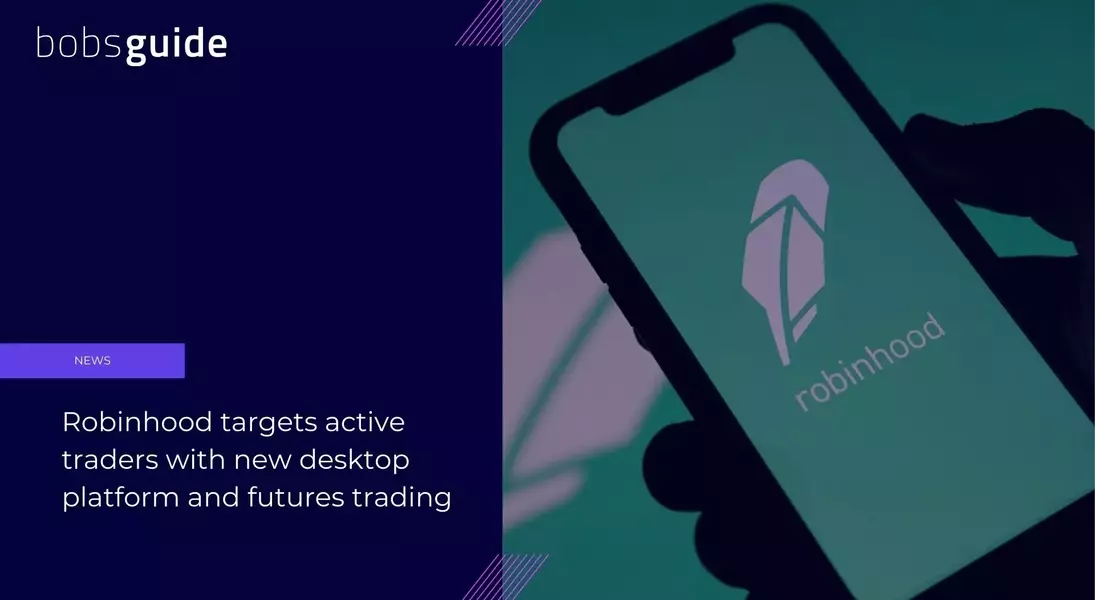Robinhood's Ambitious Expansion: Capturing the Sophisticated Investor Market
Robinhood Markets, the pioneering fintech disruptor, has taken a bold leap forward in its evolution. Shedding its image as a commission-free trading app for retail investors, the company is now positioning itself as a full-service financial services provider, catering to a more seasoned and active trading demographic. With the launch of its new desktop platform, Robinhood Legend, and the addition of futures and index options trading to its mobile app, the company is poised to challenge established players like Charles Schwab, Fidelity, and Morgan Stanley in the high-stakes brokerage industry.Robinhood's Ambitious Expansion: Capturing the Sophisticated Investor Market
Targeting the Active Trader Segment
Robinhood's strategic shift is evident in the introduction of Robinhood Legend, its new desktop platform designed specifically for active traders. This platform provides real-time data, customizable layouts, and advanced charting tools, addressing the frustrations that active traders often face when switching between multiple apps for analysis and trading. "We've matured alongside our customers and have heard loud and clear that they want access to more advanced products and more active trading tools," said Steve Quirk, Robinhood's Chief Brokerage Officer.The company's focus on attracting experienced traders is further highlighted by its competitive pricing model. Subscribers to Robinhood's premium Gold service can trade futures for as little as 50 cents per contract, a significant discount compared to the fees charged by industry giants like Schwab ($2.25 per contract) and Morgan Stanley's E*TRADE ($1.50 for futures and $2.50 for crypto futures). Additionally, Robinhood's index options fees, starting at 35 cents per contract for Gold members, undercut the fees of many established competitors.Expanding into Futures and Index Options
Traditionally, futures and index options have been the domain of large institutions due to their complexity and high-margin requirements. However, Robinhood is now making these financial instruments accessible to its retail user base. Customers can now trade contracts based on major indices like the S&P 500, as well as commodities like oil and bitcoin, with low fees relative to the industry standard.This expansion aligns with Robinhood's strategic goal of diversifying its revenue streams and enhancing customer engagement. As of the second quarter of 2024, Robinhood had 11.8 million monthly active users and $139.7 billion in assets under custody. The introduction of futures trading has the potential to attract more sophisticated users, particularly those seeking higher-risk, higher-reward financial instruments.Driving Profitable Growth
Robinhood's growth trajectory has been remarkable. The company's stock has surged by over 100% this year, buoyed by three consecutive quarters of profitability. Its Q2 2024 report showed net revenue of $682 million, a 40% year-over-year increase. The expansion into futures trading and the launch of the Legend platform reflect Robinhood's broader ambition to continue driving "profitable growth" into 2024 and beyond.As Robinhood prepares to report its Q3 earnings on October 30, investors and industry watchers alike will be keen to see how these new offerings impact its bottom line. With commission-free trading now a staple of the industry, Robinhood's ability to capture a share of the more complex trading markets could well define the next chapter of its growth story.You May Like


